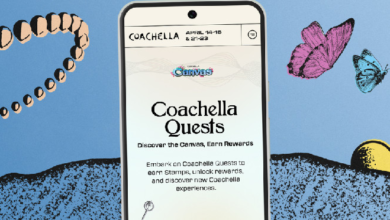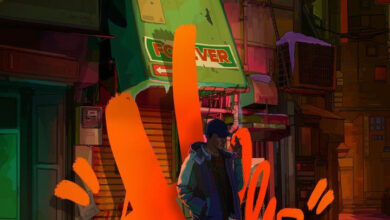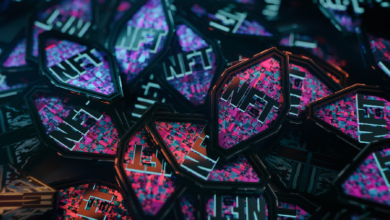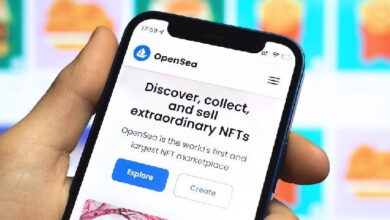Roblox Adds Rare, Resellable Digital Items—But They’re Not NFTs
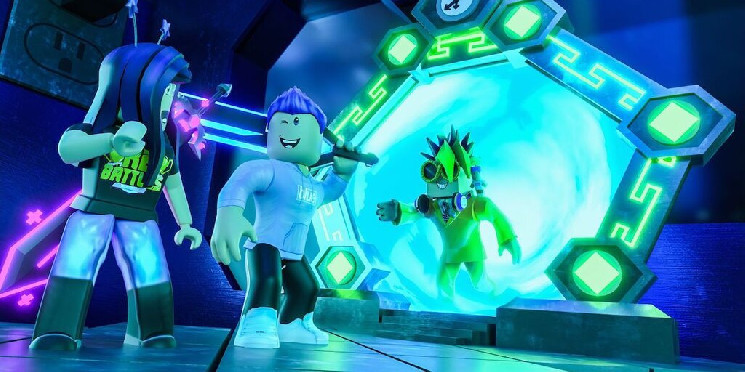
NFT
It looks like an NFT, it’s issued like an NFT, and it resells like an NFT. But alas, it isn’t one.
Roblox, the dominant online gaming platform, recently rolled out a new class of wearable virtual goods that can be sold in limited quantities by third-party creators, per a recent company announcement. The goods, called Limiteds, can also be resold by Roblox users at any price of their choosing, with a 10% cut of each secondary sale going to the original creator.
If that sounds an awful lot like how NFTs work, you’re not alone. Virtual assets that are issued in limited amounts and leverage scarcity to generate profit, yet still support creators as they trade hands in the future? That’s the promise of NFTs, even if royalties enforcement has eroded over the past several months.
And the Winner of Metaverse Fashion Week 2023 Is…
There’s only one (major) catch that makes Roblox Limiteds fundamentally different from NFTs, besides the lack of Web3 in the mix: they also can’t leave Roblox.
Roblox Limiteds do not live on the blockchain. Instead, like other items previously issued within the massive gaming ecosystem in unlimited amounts, they live and die within Roblox’s internal gameplay. Users can only access Roblox-issued virtual assets within the game, while playing it.
While that critical distinction makes Roblox Limiteds no different from avatar skins in Roblox or Fortnite, Roblox’s embrace of a more dynamic, NFT-esque economic environment in which creators and users can leverage scarcity and speculation marks a turning point for the massively popular platform. Roblox reported 67.3 million daily active users in February.
“Adding scarcity to our marketplace is a key element of creating healthy marketplace dynamics that benefit creators, buyers, and sellers alike,” Roblox said in the announcement.
To mitigate the possibility of creators using the new Limiteds category to flood Roblox’s marketplace with an untold number of items to generate quick returns, the company is requiring creators to put some of their own skin in the game when issuing a limited item or collection.
Creators will have to pay Roblox an upfront payment that is calculated based on the type of asset being sold and the number of items being issued. Once an item is sold, this upfront payment will be returned to the creator.
Given the familiar Web2 stranglehold that Roblox has on its marketplace, the company’s profit-sharing model for Limiteds sales is considerably less generous than those of NFT marketplaces.
Consistent with the model used with other Roblox virtual goods, Roblox will take 30% of any initial sale of a Roblox Limited, with creators getting 30%, and sellers getting 40%. All sales in the Roblox avatar store are made with Robux, a non-crypto virtual currency that is issued by the platform at a rate of 400 Robux for $4.99.
And because Roblox Limiteds are not blockchain-backed, the Roblox avatar store does not list a chain-of-custody ownership history for virtual items sold on the store. It does, however, track the history of an item’s price over time.
The Metaverse Needs to Be ‘Open’ Unlike Fortnite, Roblox: The Sandbox COO
The innovation of Roblox Limiteds all but certainly indicates that the company’s leadership is paying close attention to the rapidly developing economy of NFT-backed virtual assets used in metaverse games like Decentraland and The Sandbox.
Developers of those games, however, have long drawn a line between the open, interoperable virtual worlds they are trying to bring to the masses—in which virtual goods can flow freely between platforms, thanks to the blockchain—and “walled garden” online ecosystems like Roblox and Fortnite, in which virtual goods remain captive on a single platform.
Roblox is not the only Web2 company that is embracing popular aspects of NFTs like digital scarcity without actually employing the blockchain.
DSTLRY, a newly revealed digital comics platform, is similarly issuing finite runs of digital comics that can be resold on the company’s marketplace, with a percentage of each resale benefiting the comic’s creator. But those comics similarly do not live on the blockchain, and thus cannot move off of DSTLRY’s proprietary platform.


